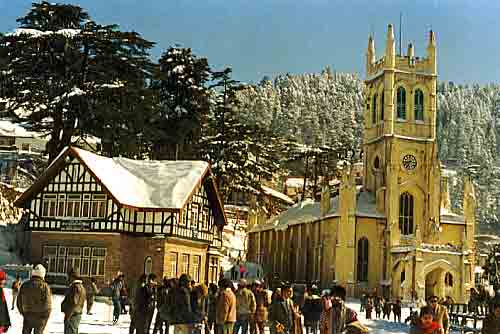|
Yamuna
(sometimes called Jamuna) is a major river of northern India, with a
total length of around 1370 km. It is the largest tributary of the
Ganga. Its source is at Yamunotri, in the Uttaranchal Himalaya. It
flows through the states of Delhi, Haryana and Uttar Pradesh, before
merging with the Ganges at Allahabad. The cities of Delhi, Mathura and
Agra lie on its banks. The major tributaries of this river are the
Tons, Chambal, Betwa, Sindh and Ken; with the Tons being the largest.
There is some evidence indicating Yamuna was a tributary of the
Sarasvati river in the ancient past. It changed its course to east
following a tectonic event in north India and became a tributary of
the Ganges instead.
According to legend the goddess of the river is the sister of the
Hindu god of death, Yama and the daughter of Surya, the Sun god. The
river Yamuna is also connected to the mythology surrounding the Hindu
god Krishna.
A little known fact about the Yamuna is that it is the frontier of the
Indian elephant. West of the Yamuna, there are no elephants to be
found over 900 km of the western Himalayas and their foothills. The
forests of the lower Yamuna offer ideal corridors for elephant
movement. The principal forests to be found here are of Sal , Khair
(Acacia) , and Sissoo (Rosewood) trees, and the Chir Pine forests of
the Shivalik Hills.
In 2005, award winning documentry Jijivisha was made on Yamuna.
|

